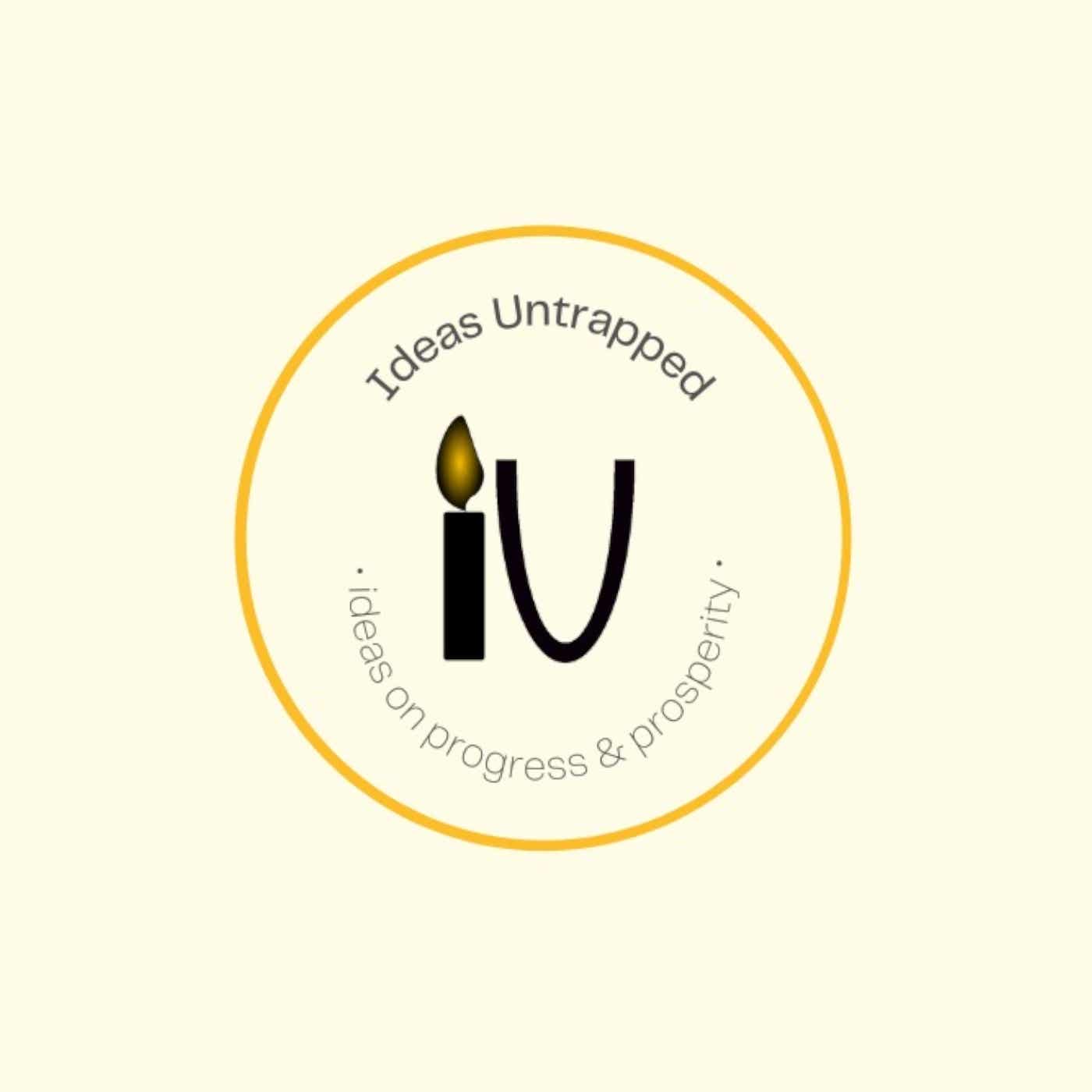MUDDLING THROUGH - BANGLADESH'S DEVELOPMENT JOURNEY
Description
Bangladesh has transformed tremendously in the last twenty-five years. Average incomes have more than quadrupled, and many of its human development indicators have improved alongside. It has also become an export powerhouse with its garment industry, and generally a shining example of development - though things are far from perfect. Five decades ago, when Bangladesh became an independent country, many were not hopeful about its chances of development. So how did Bangladesh turn its story around? Well, it turns out the history of its transformation is longer than credited - and the process is more complex than what is cleanly presented.
I could not think of a better person to help me unpack the Bangladeshi miracle than Dr. Akhtar Mahmood. He is an economist and was a lead private sector specialist for the World Bank Group - where he worked in various parts of the world for three decades on privatization, state enterprise reforms, investment climate, competitiveness, and more broadly private sector development. He has written some excellent books (see embedded links), and his column for the Dhaka Tribune is one of my wisest sources of economic development commentary.
Transcript
Tobi;
Welcome to the show Akhtar Mahmood. It's a pleasure talking to you. I am very fascinated and curious about Bangladesh, and you are my number one option for such a journey. It’s a pleasure, personally, for me to be having these conversations. I've been reading your column for about a year now with the Dhaka Tribune, and I've learned so much. They are very perceptive, and I'm going to be putting up links to some of my favourites in the show notes for this episode. Welcome once again, and thank you so much for doing this.
Akhtar;
Thank you very much for having me. Thanks, Tobi.
Tobi;
There's so much that I want to talk to you about, as you'd imagine, but let me start right at the end, which is now. There has been a lot of attention on Bangladesh, recently, at least in my own orbit, there have been two quite detailed and interesting columns in the Financial Times about Bangladesh. There is also Stefan Dercon’s book, which used Bangladesh as a positive case for what he was describing about the development process. But also, there's the issue of what's going on right now with the global economy. First, it started with COVID and how the economy suddenly stopped, and all the reverberation that comes with that - the supply chain, and now, a lot of countries are going through a sort of sovereign debt crisis and Bangladesh, again, is in the spotlight.
So, I just want you to give me an overview, and how this, sort of, blends with countries that put so much into development…you know, in terms of policy, in terms of the things they are doing right, in terms of investment and attracting investment, and the exposure to these sorts of global economic risks and volatility. [This is] because, usually, what you get in Western discourse is that a lot of countries are victims of some of these risks because of some of the wrong policy decisions they make. But in the case of Bangladesh, at least to my knowledge, nothing like that is going on. And yet, it is usually talked about as a very exposed country in that regard. I know you wrote a column recently about this. So I just want you to give me a brief [insight]—is there anything to worry about? How do countries that are trying to get rich, that are trying to do things right, how do they usually manage these sorts of global risks?
Akhtar;
Right? I think, inevitably, we'll have to go a bit into the history of how we came here. But since you started with the current situation, let me briefly comment on that, and then maybe I'll go to the history. Right now, yes, like most other countries, we are facing challenges, but I think there has been a bit of hype about how serious the challenge is, in terms of the risk of a debt default, the risk of foreign exchange reserves going down very sharply. And I think there is
More Episodes
Published 04/27/24
In this episode, I had a conversation with economic historian Johan Fourie, who is a professor of economics at Stellenbosch University, and the author of one of the most enjoyable books on economic history called Our Long Walk to Economic Freedom. We spoke about the resurgence of economic...
Published 03/20/24
Published 03/20/24


